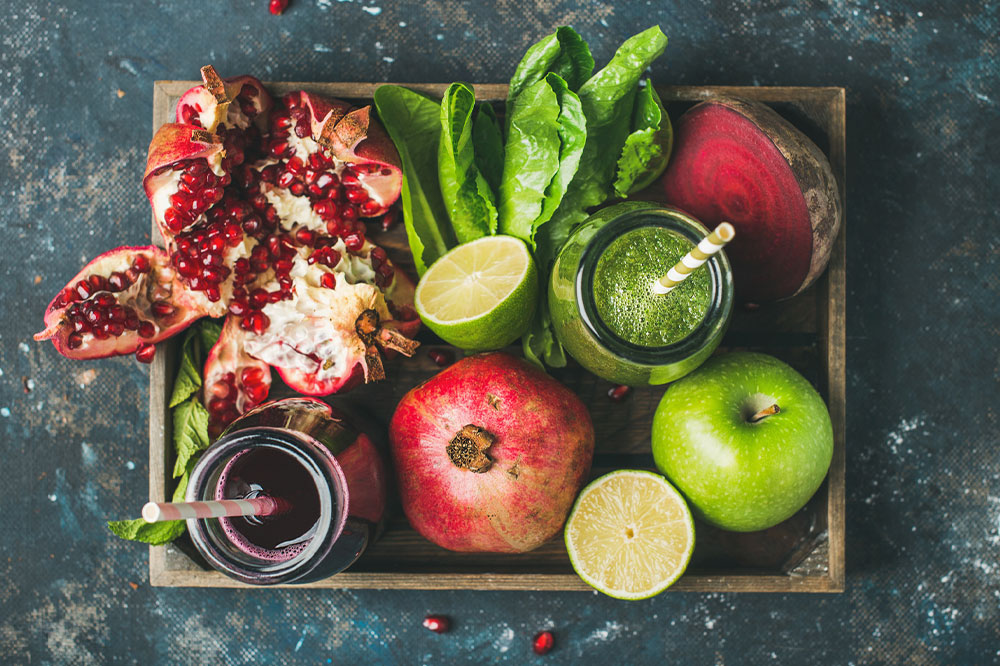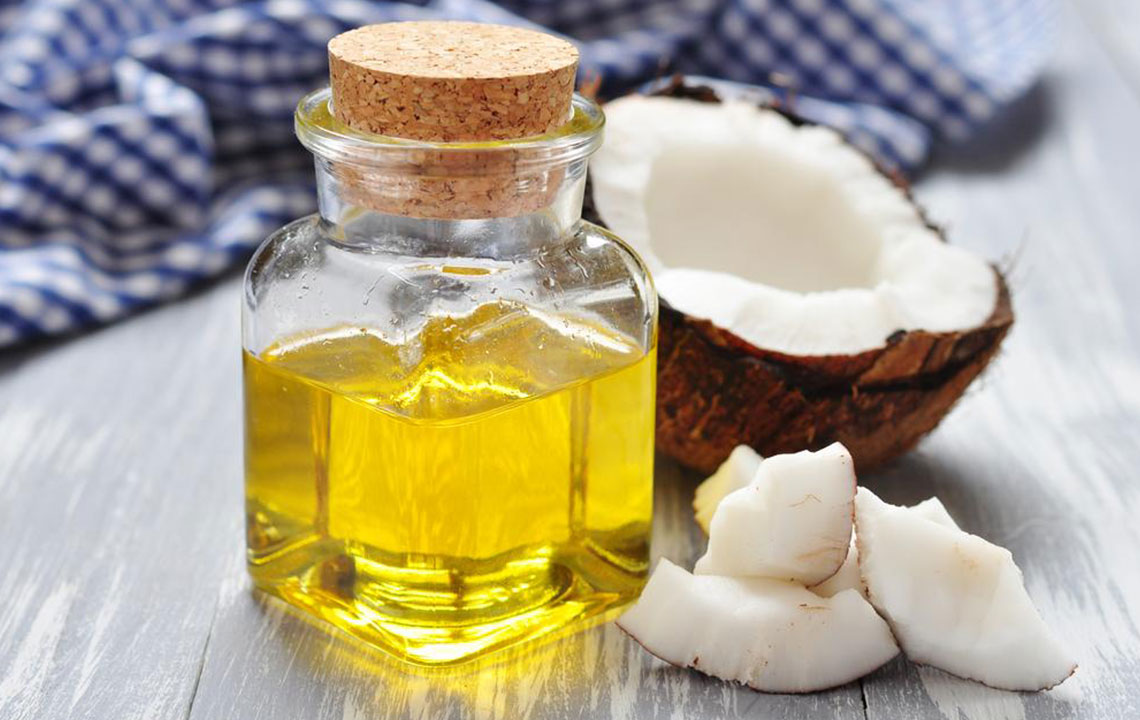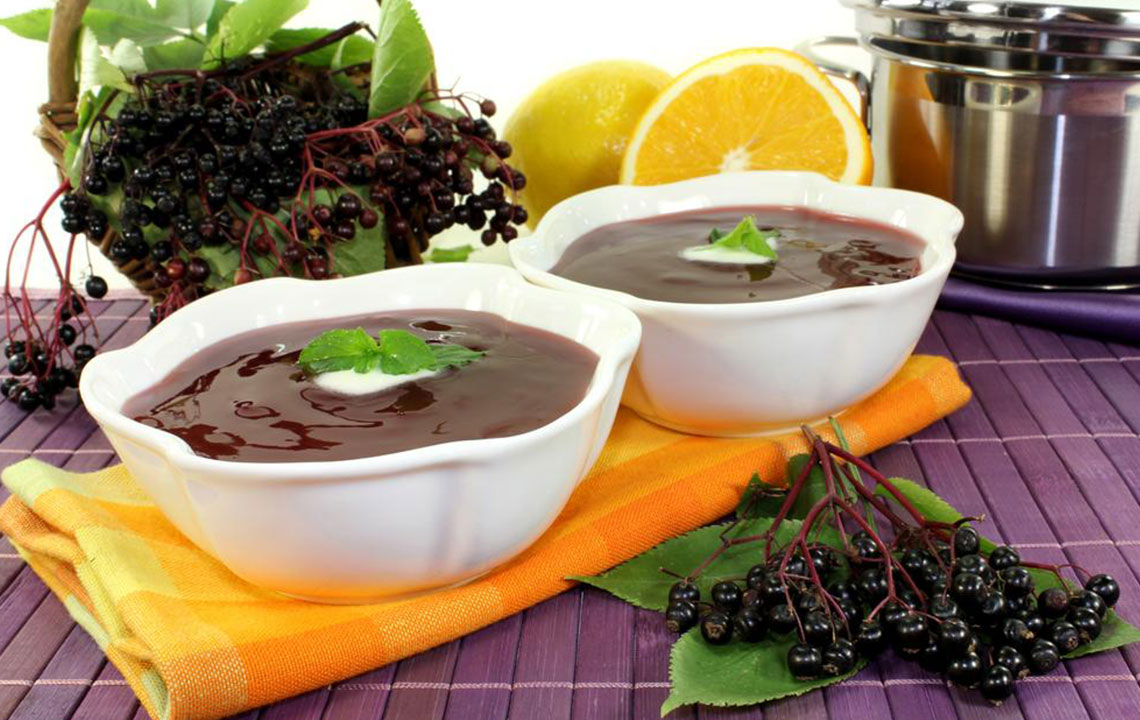Natural Remedies and Lifestyle Strategies to Relieve Heartburn Effectively
Discover comprehensive natural remedies and lifestyle tips to effectively relieve heartburn. From dietary changes like pineapple juice and peppermint to posture and sleeping strategies, this guide offers practical solutions for managing GERD symptoms naturally at home. Learn how simple habits can make a significant difference in your digestive health and overall comfort, helping you enjoy a better quality of life free from frequent heartburn episodes.

Natural Remedies and Lifestyle Strategies to Relieve Heartburn Effectively
Gastroesophageal reflux disease (GERD), commonly known as acid reflux, is a widespread digestive disorder that affects millions worldwide. It occurs when stomach acids flow back into the esophagus, leading to discomfort, burning sensations, and sometimes more severe complications if left unmanaged. Heartburn, the most recognizable symptom of GERD, manifests as a burning feeling that rises from the chest up towards the neck or throat, often accompanied by a sour taste in the mouth, difficulty swallowing, or persistent cough.
While medications can help manage GERD symptoms, many individuals prefer natural, home-based solutions that are cost-effective and have minimal side effects. Simple dietary changes and lifestyle modifications can significantly reduce the frequency and intensity of heartburn episodes. This comprehensive guide explores effective natural strategies and dietary tips to help you maintain better digestive health and minimize the discomfort caused by GERD.
Chewing Gum to Combat Heartburn
One of the simplest yet effective natural remedies for heartburn relief is chewing gum. When you chew gum for about 30 minutes after meals, it stimulates saliva production in the mouth. Saliva contains bicarbonate, which acts as a natural neutralizer of stomach acid, helping to wash acid back down into the stomach and reducing the likelihood of acid reflux. Additionally, chewing gum increases swallowing frequency and promotes swallowing of saliva, which can aid in clearing residual stomach acid from the esophagus. This method is especially helpful for individuals who experience occasional heartburn and want a quick, non-invasive solution.
It is advisable to choose sugar-free gum to avoid unnecessary sugar intake and to prevent dental issues. Incorporate this habit into your post-meal routine to enjoy quicker relief from acid reflux symptoms.
Incorporate Pineapple Juice into Your Diet
Pineapple juice is not only refreshing but also offers medicinal benefits for individuals suffering from acid reflux. This fruit contains bromelain, an enzyme with anti-inflammatory and digestive properties. Bromelain helps break down proteins and reduces acidity, thereby preventing the excessive buildup of stomach acid that can trigger heartburn. Consuming small amounts of freshly diluted pineapple juice daily can assist in regulating stomach acidity and minimizing reflux episodes.
However, since pineapple juice is naturally acidic, it’s essential to consume it in moderation and observe how your body responds. For those with severe acid reflux, it’s best to consult a healthcare professional before including pineapple juice regularly in your diet.
Utilize Peppermint for Digestive Comfort
Peppermint has long been used as a natural remedy for various digestive discomforts, including indigestion and bloating. Its antispasmodic properties relax the muscles of the gastrointestinal tract, which can alleviate symptoms of heartburn. Mint also promotes the flow of bile, aiding in digestion and reducing stomach strain.
Consuming peppermint in the form of tea, mints, or candies can be an enjoyable way to incorporate this herb into your daily routine. Yet, it’s essential to note that peppermint may relax the lower esophageal sphincter in some individuals, potentially worsening acid reflux; thus, moderation and personal sensitivity should be considered.
Dress Comfortably: Choose Loose Clothing
The type of clothing you wear can influence the severity and frequency of heartburn. Tight-fitting garments, especially around the abdomen, increase pressure on the stomach, which can push stomach contents, including acids, upward into the esophagus. This can intensify the burning sensation and lead to more frequent reflux episodes.
Opting for loose-fitting clothes and comfortable fabrics reduces abdominal pressure and creates a less stressful environment for your digestive system. Wearing such attire, particularly after meals, can offer significant relief and prevent unnecessary discomfort.
Maintain Proper Posture to Prevent Acid Reflux
Your posture plays a vital role in managing GERD symptoms. Sitting or standing upright after meals helps keep the stomach in an optimal position, reducing pressure on the lower esophageal sphincter (LES), the valve that prevents acid from escaping into the esophagus. Slouching or lying down immediately after eating can increase the risk of acid reflux.
Adopt a good posture by sitting upright during and after meals, and avoid reclining for at least an hour post-dining. This simple habit can minimize reflux episodes and facilitate smoother digestion.
Elevate Your Upper Body While Sleeping
Reflux symptoms often worsen during sleep when lying flat or in a reclined position, allowing stomach acids to flow back into the esophagus more easily. To prevent this, elevate your upper body using a wedge pillow or adjustable bed to keep the head and chest above the stomach level. This elevation creates a gravity barrier that helps keep acids in the stomach where they belong, reducing nighttime heartburn and associated discomfort.
Most sleep experts recommend elevating the head of your bed by about 6 to 8 inches or using a specially designed wedge pillow. Avoid using multiple pillows that might bend your neck and impair breathing. Maintaining this position throughout the night can significantly improve sleep quality and reduce acid reflux symptoms.
In summary, managing GERD and heartburn effectively involves a combination of natural remedies, dietary modifications, and lifestyle changes. Chewing gum, consuming pineapple juice in moderation, using peppermint carefully, wearing loose clothing, maintaining good posture, and elevating the upper body during sleep are all practical strategies that can reduce symptoms and improve comfort. While these approaches are generally safe and accessible, persistent or severe symptoms should always be evaluated by a healthcare professional to rule out underlying conditions and consider additional treatment options. Embracing these natural, simple steps can significantly improve your quality of life and help you enjoy your meals without fear of discomfort.





